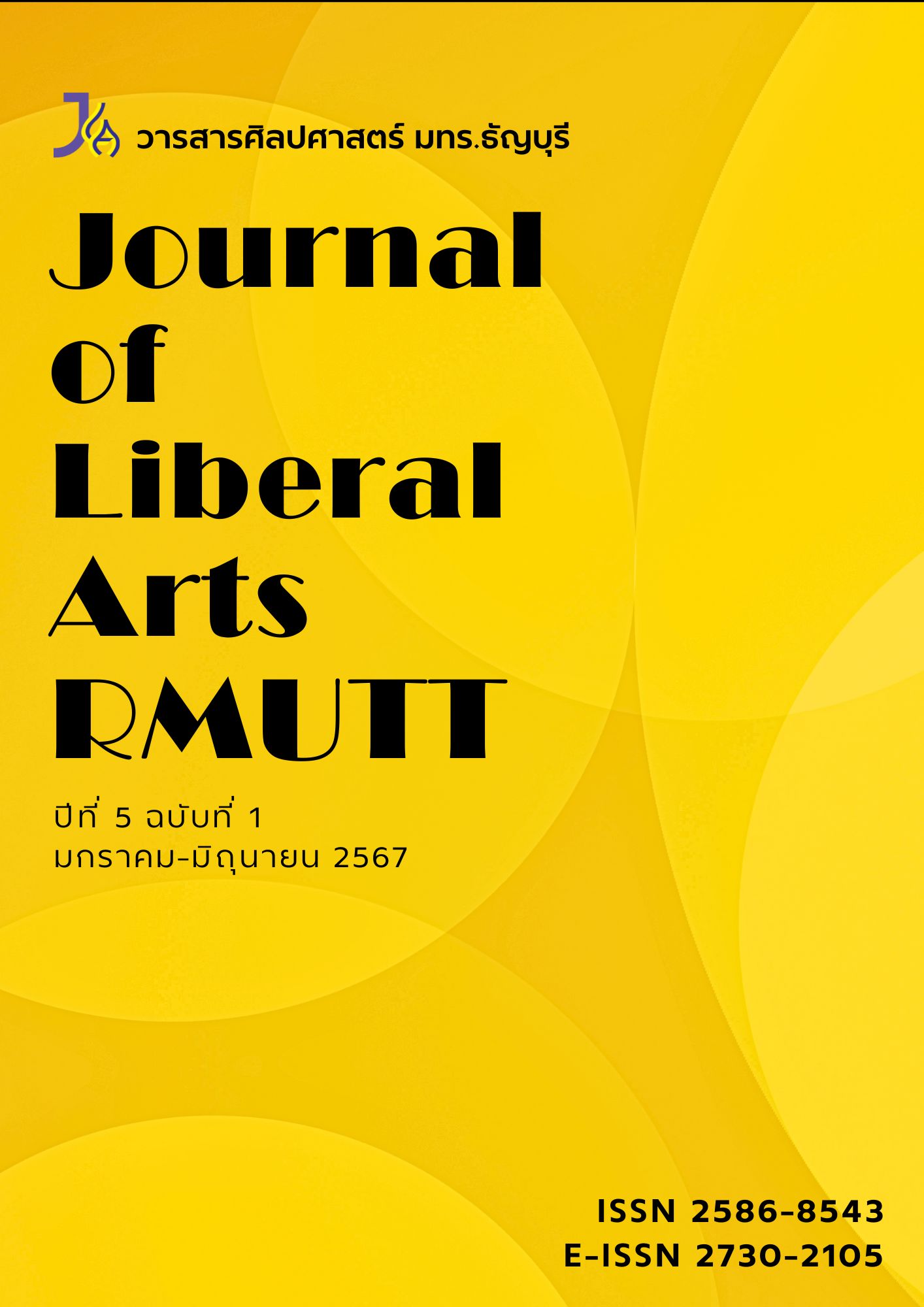Book Review: “Nang Yike Chai: The Era of (Non-)Governmental Popularity”
Abstract
Yi-ke is a traditional performance art that evolved from "Lakhon Nok," which exclusively featured male actors. In the early days, women primarily performed in classical dance dramas. Yi-ke originated from Lakhon Nok because it resonated with the common folk through its humor, easy-to-understand stories, often drawn from Thai literature, and its affordability compared to other forms of entertainment.
The fascination with all-male Yi-ke lies in the actors' ability to portray both male and female roles. This requires a great deal of skill to convincingly convey the emotions, mannerisms, and gestures typical of women. If the male actors happen to have a feminine disposition, their portrayal of female characters becomes even more realistic.
References
Geertz, Clifford. (1973). Interpretation of Cultures. New York: Basic Books.
Geertz, Clifford. (1981). Negara: The Theatre State in 19th Century Bali. Princeton: Princeton University Press.
Mead, Margaret. (1928). Coming of Age in Samoa: A Psychological Study of Primitive Youth for Western Civilization. USA: William Morrow and Co.
Turner, Victor. (1996). The Ritual Process: Structure and Anti-Structure. London: Routledge.
Downloads
Published
How to Cite
Issue
Section
License
Copyright (c) 2024 Journal of Liberal Arts RMUTT

This work is licensed under a Creative Commons Attribution-NonCommercial 4.0 International License.









